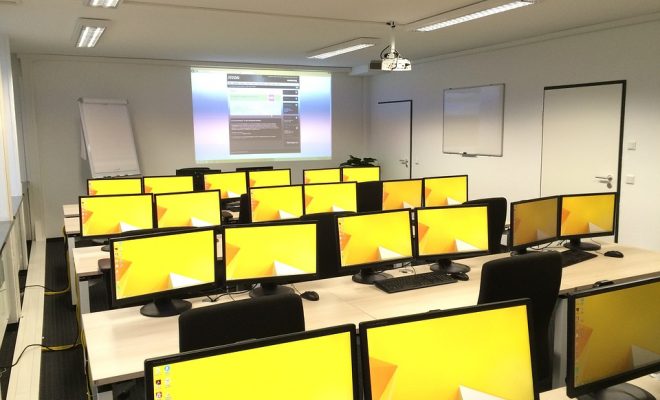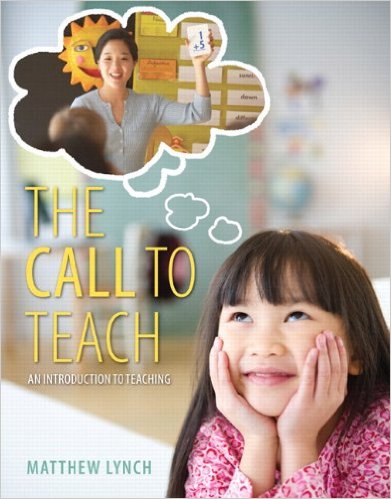Obama’s Education Reform Dilemma

On the issue of education reform, President Barack Obama still has his work cut out for him. Just before the passage of NCLB in 2001, the Organization for Economic Cooperation and Development funded a series of student evaluations. The results are now common knowledge: among member countries, American students lagged behind, landing squarely in the bottom half of competence in reading, science, and mathematics. Today, after nine years of NCLB well-wishing, results show little tangible improvement.
The Obama administration has floated a couple of plans to assist with the problems in our nations schools. These plans include both increasing the number of public education teachers from kindergarten through grade 12, and helping low-income families with the rising costs of a college education by giving tax advantages to those that fall in this category. Additionally, an initiative labeled The Zero to Five Program is challenged with improving education for those early years of children.
Last but not least is his Race to the Top program. During the first round of awards, the only states that were provided with federal money under that program were those states that agreed to base teachers’ salaries on how well their students performed. In other words, if a teacher had students who did not perform well, the state agreed to either terminate the teacher or penalize them financially. On yesterday, the president announced that the grant competition would now allow school districts and not just individual schools to participate.
While these proposals are noteworthy to some, the plans are insufficient to address the true needs of our current educational system. Of the educational challenges facing the Obama administration concerning education, all are solvable with a popular consensus. This may prove to be difficult. The middle class will have to agree with the wealthy, and both of them would have to side with the underprivileged. This seems insurmountable, but that is not necessarily the case. It requires that each of us realize that our own best interest is the same as everyone else’s. Everyone could win if this was accomplished.
The successes of such a plan will not only benefit the people involved, but the entire country for decades to come. Imagine an army of newly educated graduates entering the workforce and providing the necessary skilled labor to raise the productivity of the country to levels never seen before. Gone will be the cries that the United States is falling further and further behind academically, especially when juxtaposed with other industrialized nations
Further, the American public must feel that this is a top priority issue in these times of severe economic troubles. Today, people are concerned about their jobs and putting food on the table. Upgrading education, although theoretically important, can hold a low priority to the more pressing problems of keeping a roof over their heads.
The paradox here is that this is precisely the time to make that investment into education. When times are tough, workers need to improve their skills to compete effectively in the marketplace. Education can provide those skills. Furthermore, those enhanced skills and improved technological talents are going to be desperately needed in the future as America continues to struggle in the 21st century labor force.
Production is not getting easier and simpler. In fact, it is just the opposite. The skills needed in the world marketplace require a better education and a more advanced skill set. Education is the fountain where these skills need to be drawn from. Planning to turn out workers for the factories of today is a crucial element, but those same workers also need to be able to adapt to technologies that are just now being developed.
Americans need to be convinced that the public education system of the United States is worth saving, and capable of carrying us forward. This is especially true of public school systems across the country that already are in over their heads with classrooms overflowing with children. It is not America’s way to ignore problems – in fact, the opposite is true. We are a nation of vast resources and determination, as shown throughout our history. We relish the challenge of tackling tough problems. The future of our country lies in the effectiveness of our educational system.
In spite of all trials and deficits facing our educational system, I maintain that real and positive change is possible. This change must flow from a radical shift in our collective perception of what defines an adequate education; a shift that transforms us into a nation of educators, accountable both to ourselves and to the next generation. President John F. Kennedy evoked this when speaking about another challenge, putting an American on the moon: “We do this not because it is easy, but because it is hard.” America’s educational system deserves no less of an effort; not because it is easy, but because it is hard, and well worth it.






